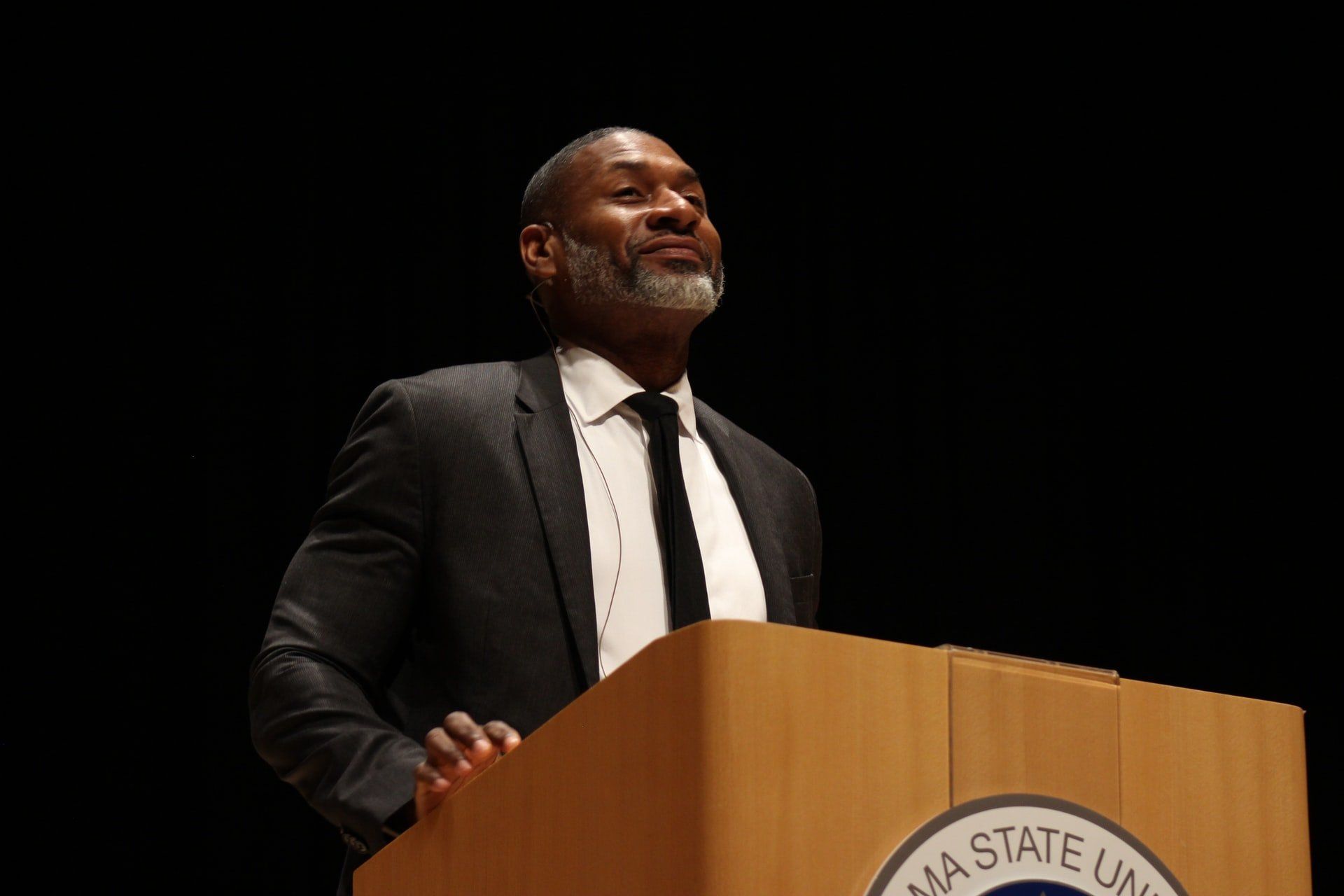The Benefits of Hiring Older Workers
Remi Marcelin • February 17, 2020

Statistics speak for themselves:
- By 2031, one in every five Kiwis will be 65+ years old.
- One in seven Australians are currently aged 65 or over.
And as the baby-boomer generation ages, there will be more older workers.
Good news! This is a great untapped resource. Between 2020 and 2030, discrimination related to ageism in recruitment and in the workplace will, we believe, drastically decrease. The way we approach age and its related challenges (overqualification and overspecialisation, among others) will switch, as we understand the competitive advantages of hiring older workers: broad and long experience, loyalty, positive attitude, more likely to comply with norms and safety standards as well as listening to instructions.
But let’s deconstruct some of the myths around older workers:
THE MYTHS
The most common misconceptions touted by hiring managers to explain why not to employ a mature worker are the following:
THEY COST MORE IN TERMS OF SALARY AND BENEFITS
Throughout their multiple experiences, older workers have gained and mastered a range of skills which makes their skillset broader than younger workers’. It does not mean they expect employers to remunerate them for every single skill they have. The skills learnt aren’t necessarily relevant for the position they’ve applied for, and they understand that they won’t get paid a higher salary for these specific skills. They will be open to meeting the pay scale, and as an added advantage, they will bring to the table this whole range of irrelevant skills, that could actually be useful for your organisation.
THEY ARE NOT FLEXIBLE AND TECHNOLOGY-SAVVY
Thanks to their wider skillset, they are adaptable. They have worked on different systems and know the flaws of each of these systems. They also have been through multiple digital transformations. They may not be born with a tablet or a smartphone in their hand but that doesn’t make them incompetent when it comes to technology. SPOILER ALERT : we’ve met plenty of younger workers who admit they aren’t tech-savvy.
THEY AREN’T ENERGETIC AND FUN AS YOUNGER WORKERS
Again, it’s a cliché. Being fun and energetic has nothing to do with your age, but with your personality. One of the most energetic and fun people to work within our Auckland team is our oldest person in the office. It’s. Not. A. Matter. Of. Age.
Skill-based interviewing techniques and interview guides are the best way to avoid falling into the age bias. HR, recruitment teams and hiring managers should be trained to counter unconscious bias regarding age and other potential areas of discrimination.
WITH AGE COME BENEFITS
EXPERIENCE
With longer and broader experience comes perspective. They can see past the irrelevant issues, prioritise and focus on the bigger picture. They are better at dealing with issues and have strengthened their soft skills over years, making them great at communicating within a team and a business.
POSITIVE ATTITUDE
Successful older workers use their brain differently than younger ones, which makes them strong assets in a different manner. They know what works best, are great mentors for new staff, and usually display a more positive attitude, as they have dealt with many challenges over years. This emotional stability is great to counter more turbulent co-workers.
LOYALTY
Statistics show that older workers will stay three times longer than younger ones. In a candidate short market, where the cost of hiring and sourcing can be a barrier for small businesses, loyalty and commitment are highly regarded.
To conclude , there’s no point making a comparison between younger and older workers. They both bring different challenges. We can’t highlight enough the importance of diversity within a team. It’s by bringing the strengths from both sides, younger and older workers, that you will make the best possible team to overcome your challenges. And isn’t that what we all want, as employers?
Grow your career and team
Get in touch with Frog Recruitment
Auckland I
Wellington
In business since 2002 in New Zealand, Frog Recruitment is an award-winning recruitment agency with people at our heart. Located across Auckland and Wellington, we specialise in accounting and finance, business support, education, executive, government, HR, legal, marketing and digital, property, sales, supply chain, and technology sectors. As the proud recipients of the 2024 RCSA Excellence in Candidate Care Award, we are dedicated to helping businesses achieve success through a people-first approach.







